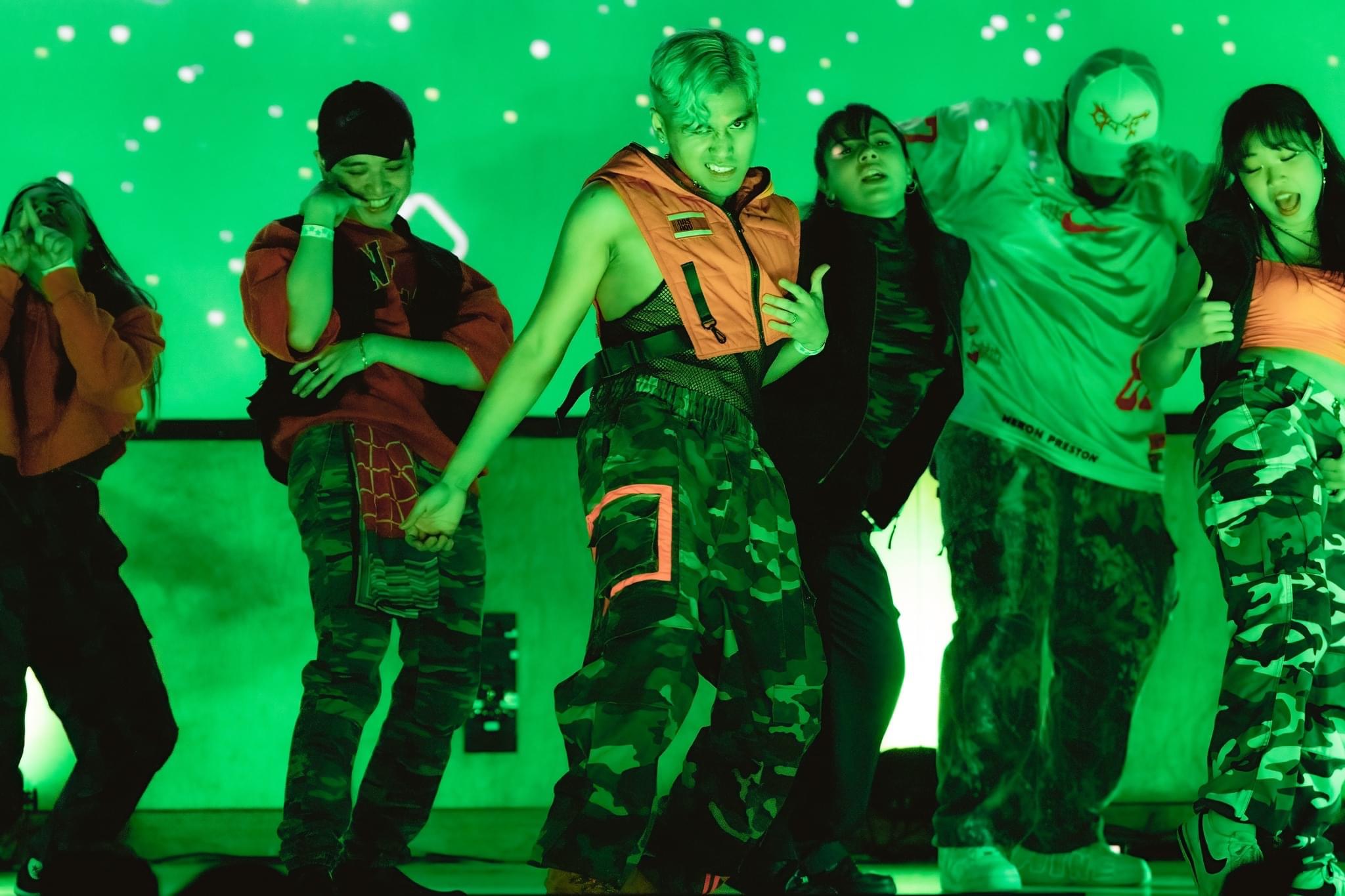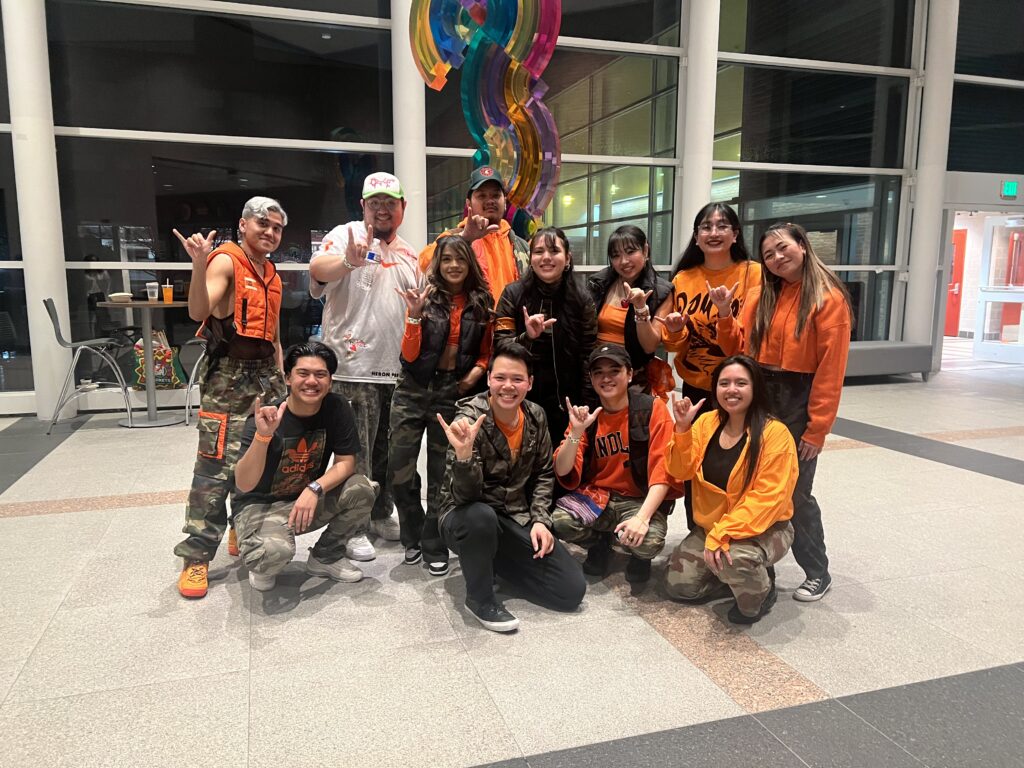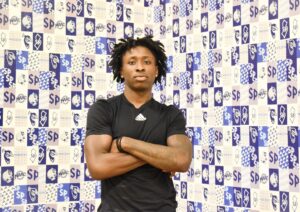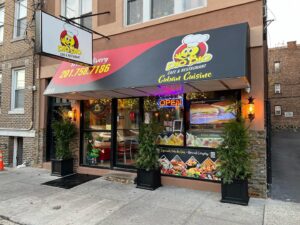Photo taken at Sayaw Dance Competition. (Provided by Gabriel Aniel)
One of the many beautiful things about New Jersey is that when you hear that beat drop at a club or party, everyone comes together to dance.
It doesn’t matter if you’re from North Jersey, South Jersey or even Central Jersey–that dance floor is a safe space.
Dance can be a very transformative concept for an individual. Yugen Dance Project founder Gabriel Aniel and member John Victor gave Slice of Culture an honest and open insight on how dancing can become such an important part of someone’s life.

YO YUGEN!
One day someone asked Aniel, “What do you want your audience to feel?”
He responded, ”I just want them to experience it. Hearing myself say that, I’m like, what does that mean? Until I came across ‘YUGEN.’”
Yūgen is an essential concept in traditional aesthetics. Its precise translation depends on context but it generally conveys a sense of mysterious profundity. Yūgen refers to the beauty that we can perceive in an object, even though it doesn’t exist in a literal or visible form.
Aniel described Yugen as:
“The best example for that is, imagine you’re hiking.
You reach the top of your hike, you enter a clearing where the forest is below you, the wind is blowing and rustling the trees, and you hear it.
The birds are flying above you, the sun is setting.
You feel one, grounded with the environment.
The feeling you get when you’re experiencing that moment is Yugen, or what is described to be as Yugen.”
The first dance Aniel learned was the choreography in “What is love” by Exo-K, followed by watching notorious dance crews like IaMmE and the JabbaWockeeZ.
For Victor, dance became a social tool to meet more people. He used dance to spark conversation after learning how to do the hip-hop dance reject. It made socializing easier as a kid.
It’s like back in the day learning the pin drop as a kid, your confidence goes Crazy Legs, and then you’d probably need a cardboard. If you know, you know.
HONING IN
Being part of a dance team, you gain a second family.
Before any showcase, the team practices for hours chopping up dance sets into phrases and drilling that for multiple sessions at a time.
“You just got to lock in,” Aniel explained.
Just like athletes make the commitment to a team’s season, dancers make commitments to competitions and showcases.
Sometimes entire weekends are spent at competitions and although it can be exhausting, Victor expressed that the journey of each show has become one of the more fulfilling aspects dances.
Everyone has a different life outside the studio, different motivations to keep going and different reasons for finding dance.
Although there are differences in the motivation to find the discipline, dance is what brings them together and that’s the beauty in the community.
When asked to put himself in a box, Aniel described his style as “lyrical street jazz.”
Victor, on the other hand, focused on the appreciating technique when learning new phrases.
A lyrical dance style is described as “emphasis on grace, fluidity, and emotional interpretation of music.”
A street style can consist of many techniques rooted in hip-hop, popping, locking, house, break dancing and more like tutting.

Outside of dancing, Aniel has a passion for baking.
He is appreciative for the dance community for not only providing mentors for his craft, but also customers for his pastry business, PurpleDotPastries.
All of his pastries are homemade with ube, which is a purple yam from the Philippines. For Aniel, what he enjoys most of making pastries is being able to see people enjoy what he creates.












